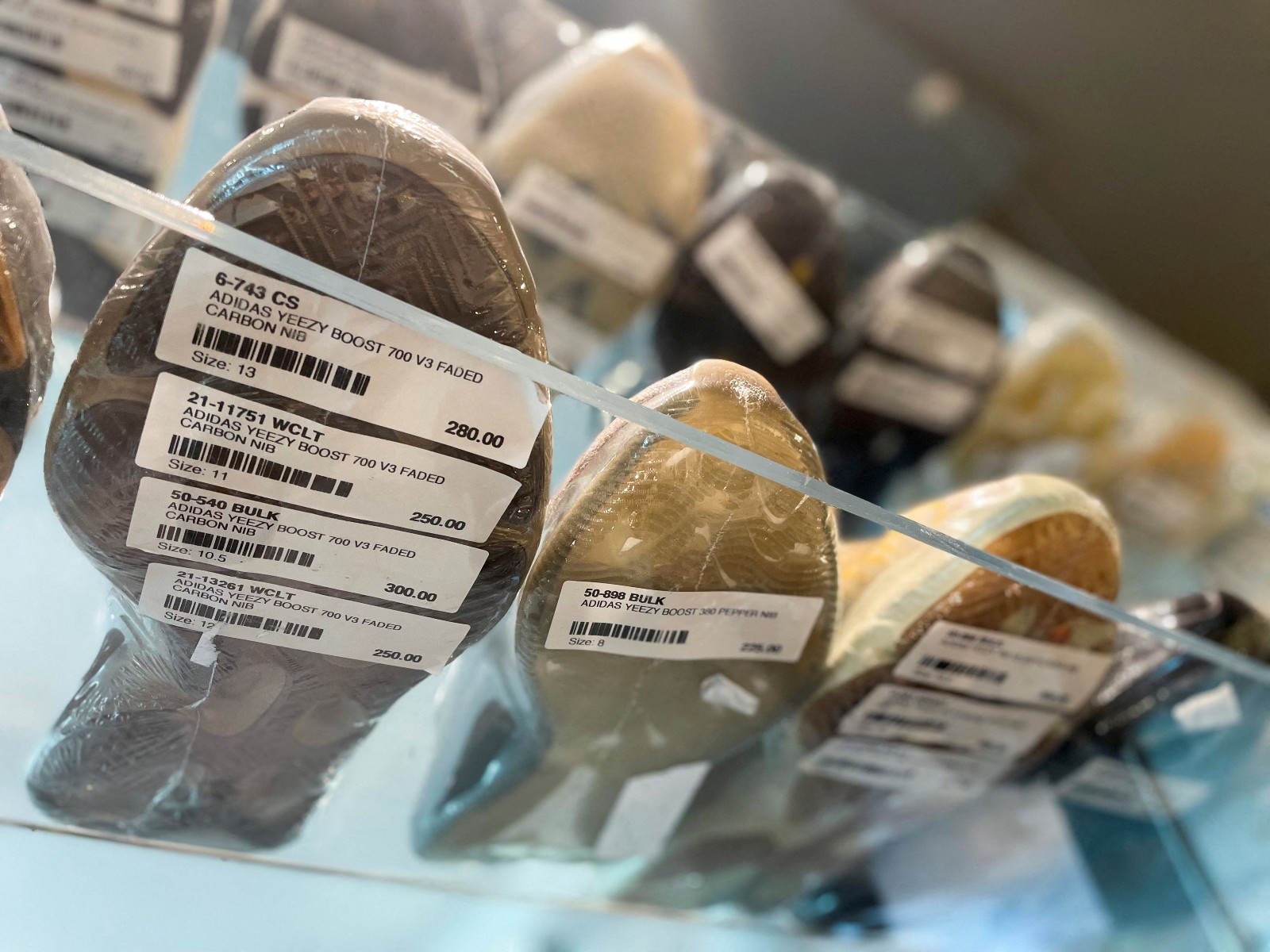After the Kanye burn, Adidas is being more selective with its celebrity partners + African designers are tackling the problem of secondhand clothing from the West

Adidas recalibrates its focus following Kanye West split: Rethinking revenue streams following the end of its lucrative partnership with Kanye West, Adidas plans to refocus on its core business and return to its sports-based roots, CEO Bjorn Gulden said last week, according to Reuters. "You will see us invest in more sports, and be wider again than we have been, because that is also the DNA of this company," said Gulden, who has undertaken rebuilding the brand after taking the reins in January. Gulden also said Adidas would continue to partner with not only athletes, but also artists and celebrities, which would provide avenues for lifestyle brands.
Careful curation is the name of the game: Moving forward, Adidas should cautiously select its partners and the selection of less “risky” celebrity partners is just as important as diversification, research analysts and advisors tell Reuters. “Partnerships with celebrities clearly play a big role, but there is a risk because the person you partner with can go off the rails,” says retail advisory firm Ortelli & Co’s managing director.
A costly break-up: The sportswear giant severed ties with Ye, formerly known as Kanye West, in October after the rapper made a string of antisemitic comments. The split saw Adidas terminate its brand Yeezy, which generated as much as 7% of total revenues in its best-performing years, according to analyst estimates.
African designers are taking a new approach to upcycling: As fast fashion increases the amount of used clothing arriving in countries like Ghana, Kenya and Uganda from the West, some African designers have begun riffing on the idea of returning reappropriated items to the places they came from — with a steep price tag to match, says the Financial Times. Ugandan designer Bobby Kolade creates four clothing collections a year called Return to Sender made of deconstructed and reworked items sold internationally from his online store starting at USD 180 per piece. Ghanaian designer Yayra Agbofah makes tote bags from recycled denim that are sold at London’s Victoria and Albert Museum shop. “What would give me a lot of fulfillment is if I knew that somebody is buying this T-shirt because they find it cool,” said Kolade, “not because they can tell that it’s been recycled or repurposed.”
Close to 40% of ‘obroni wawu’ — or dead white man’s clothes — that end up in African markets will go to landfill, says environmental justice nonprofit the Or Foundation. Designers who spoke to the FT said they want governments to implement legislation that would limit the mns of tons of garments sent to their countries, calling for the Global North to take accountability for their waste. “Every time there’s a presidential election [in the US], it’s reflected here,” said Kolade, who has a personal collection of Trump T-shirts. Designers also said that with the rise of fast fashion and thrifting in the West, the quality of the clothes being sent to their countries is declining.